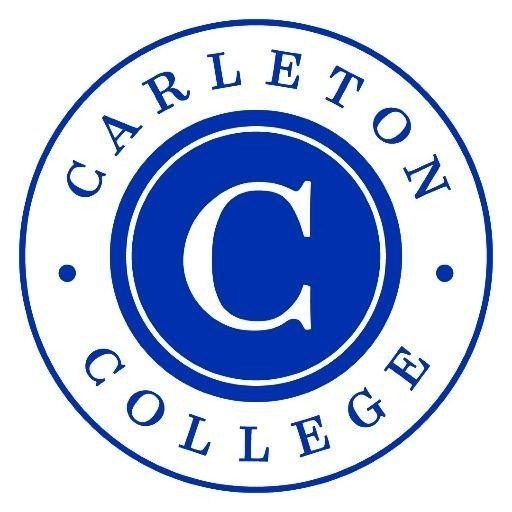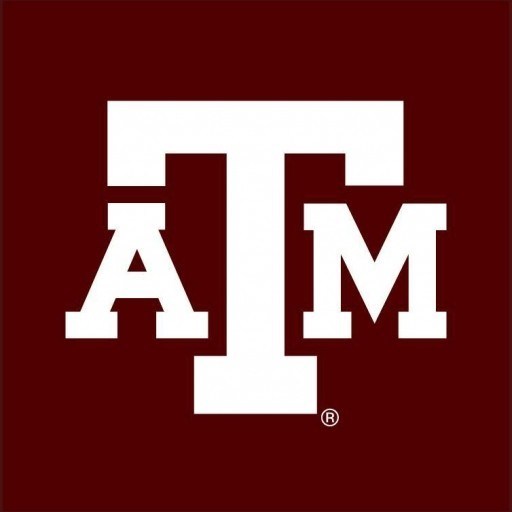Photos of university / #carletoncollege
The History program at Carleton College offers students a comprehensive exploration of the human past through diverse courses spanning various regions, periods, and themes. Designed to foster critical thinking, analytical skills, and a nuanced understanding of historical contexts, the program encourages students to examine primary sources, engage with historiographical debates, and develop their own interpretations. Whether students are interested in ancient civilizations, medieval society, modern political movements, or cultural transformations, the program provides a rigorous academic environment to deepen their knowledge and research abilities. The curriculum integrates coursework in history alongside opportunities for interdisciplinary study, allowing students to connect historical insights with perspectives from philosophy, literature, and social sciences. Faculty members are dedicated scholars who mentor students through individual research projects, seminars, and presentations, preparing graduates for careers in education, law, public policy, or advanced graduate study. The program emphasizes active engagement with history as a dynamic and evolving discipline, encouraging students to understand the complexities of human experiences across time and space. Additionally, Carleton’s commitment to a liberal arts education ensures that history majors develop broad intellectual skills, effective communication, and a global perspective. The program supports students in applying historical knowledge to contemporary issues, fostering informed citizenship and thoughtful leadership. Overall, the History major at Carleton College offers an enriching academic journey that combines rigorous scholarship with opportunities for personal growth, preparing students to analyze and understand the world from multiple historical vantage points.
The History major at Carleton College offers students a comprehensive exploration of human past across a wide range of regions, periods, and themes. The program is designed to develop students’ critical thinking, analytical skills, and ability to interpret complex historical sources. Through engaging coursework and rigorous research, students gain a deep understanding of the social, political, cultural, economic, and intellectual developments that have shaped the world. The curriculum includes a diverse array of courses covering ancient, medieval, early modern, and modern history, with options focusing on different geographic areas such as Europe, Asia, Africa, the Americas, and the Middle East. Students are encouraged to examine history from multiple perspectives, integrating methodologies from different disciplines, including political science, economics, anthropology, and literature. The program emphasizes primary source analysis, historical writing, and oral presentations, preparing students for careers in education, public service, law, and further academic study. In addition to coursework, students have opportunities to participate in internships, research projects, and study abroad programs that enrich their understanding of global history. The faculty members are dedicated to mentoring students closely and fostering an environment of intellectual inquiry. Completion of the History major requires a combination of core courses, a series of electives, and a capstone experience that demonstrates the ability to conduct independent research. Overall, the History program at Carleton College aims to cultivate informed and reflective graduates who appreciate the complexities of human history and are equipped to engage thoughtfully with contemporary issues through a historical lens.
The Bachelor of Arts in History at Carleton College requires students to complete a comprehensive curriculum designed to develop their understanding of historical events, interpretations, and methodologies. Students must fulfill a total of 11 courses, including a set of core requirements and electives, to graduate with a major in History. The core coursework typically includes a first-year seminar that introduces historical analysis and research methods. Following that, students take at least one course in each of several geographic and chronological areas, such as European, American, Asian, or African history, to ensure a broad global perspective.
In addition to area studies, students are required to take courses that delve into different historical methodologies and approaches, including cultural, political, economic, and social history. They are encouraged to select courses that provide both primary source analysis and theoretical understanding to enhance their research skills. Mid-level courses are designed to build on foundational knowledge, while advanced seminars foster in-depth research, culminating in a senior thesis or project that demonstrates their ability to conduct independent historical research and present their findings professionally.
Elective courses can be chosen from a wide range of topics within the department, allowing students to tailor their studies to particular interests, such as gender history, environmental history, or historiography. The program emphasizes critical thinking, effective communication, and rigorous research techniques. Students are also encouraged to participate in internships, study abroad programs, and workshops that broaden their experiential learning and professional development.
By completing this program, students are expected to graduate with a strong foundation in historical scholarship, equipped with analytical skills applicable to various careers in government, education, journalism, law, and public history. The program maintains a flexible approach, allowing students to explore diverse perspectives and specialize in areas aligned with their academic and professional goals.
The Carleton College History program offers students a comprehensive and rigorous academic experience. Regarding financing studies, students have access to a variety of financial aid opportunities to support their education. Carleton College is committed to meeting 100% of demonstrated financial need for admitted students through a combination of grants, scholarships, and work-study programs, minimizing the reliance on loans. The college provides merit-based scholarships that recognize academic excellence, leadership, and contributions to the campus community, which do not require repayment. Additionally, Carleton offers need-based grants that are awarded based on family financial circumstances, ensuring that all qualified students can afford a Carleton education. Students are encouraged to complete the Free Application for Federal Student Aid (FAFSA) and the College Scholarship Service (CSS) Profile to determine eligibility for federal, state, and institutional financial aid programs. Carleton College also provides financial counseling services to help students understand their financial aid packages, plan for expenses, and explore loan options if necessary. Work opportunities on campus, such as research assistantships and employment within various departments, are accessible to students as part of their overall financial support strategy. The college prioritizes transparency in its financing options, clearly outlining the cost of attendance, which includes tuition, fees, housing, and other living expenses. For international students or those requiring additional financial support, Carleton offers supplementary aid programs and guidance to navigate their options. Overall, Carleton College’s financing framework is designed to make a high-quality liberal arts education accessible to students from diverse economic backgrounds, emphasizing affordability, support, and comprehensive planning to ensure that financial considerations do not hinder academic pursuits in the field of History.
The History program at Carleton College offers students a comprehensive and in-depth exploration of human past events, cultures, and societies. Designed to cultivate critical thinking, analytical skills, and a nuanced understanding of historical processes, the program provides a wide range of courses spanning various regions, eras, and thematic topics. Students have the opportunity to study ancient civilizations, medieval history, early modern developments, and modern history, including topics such as political revolutions, economic transformations, cultural movements, social changes, and international relations. The curriculum emphasizes rigorous research methods, encouraging students to engage with primary sources, develop persuasive arguments, and interpret historical data effectively. In addition to traditional lectures, the program incorporates seminars, lectures, and intense research projects that foster a collaborative learning environment. Carleton’s faculty members are recognized scholars dedicated to mentoring students, offering a personalized educational experience to support individual academic interests and career goals. The program also promotes experiential learning through internships, study abroad programs, and fieldwork opportunities, enabling students to gain practical skills and global perspectives. Graduates of the program have pursued diverse careers in education, law, public history, government, international organizations, and journalism. The university’s focus on a liberal arts education ensures that students in the History program develop well-rounded intellectual abilities, communication skills, and a deep appreciation for cultural diversity and historical context. Students are encouraged to participate in departmental events, conferences, and research fellowships to enhance their academic experience. Overall, Carleton College’s History program prepares students to analyze complex issues, understand human experience through time, and contribute thoughtfully to contemporary society.



